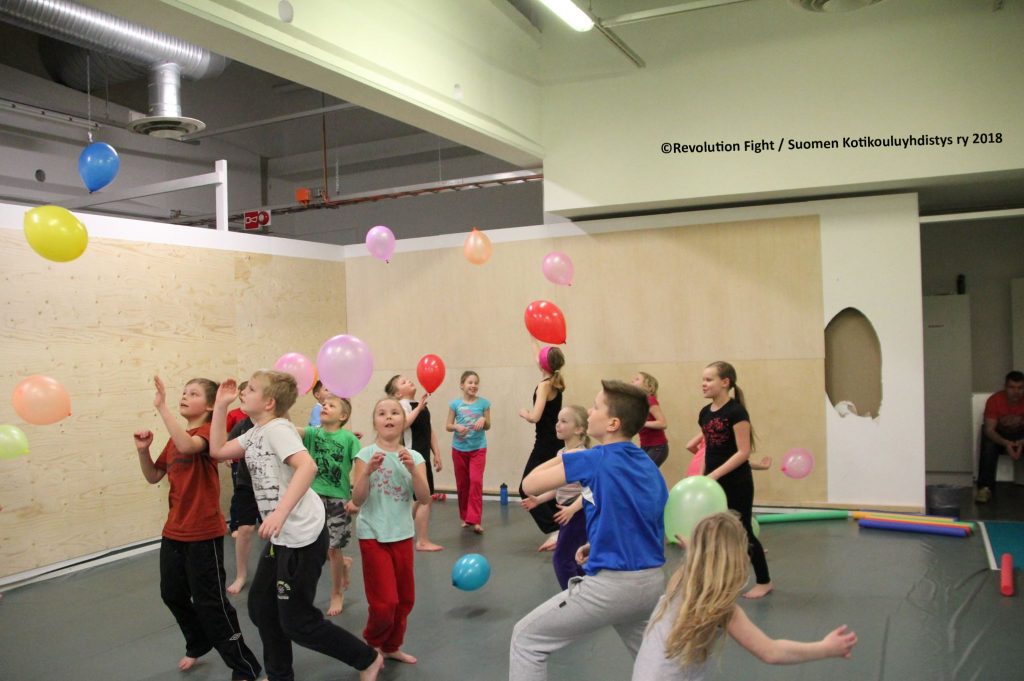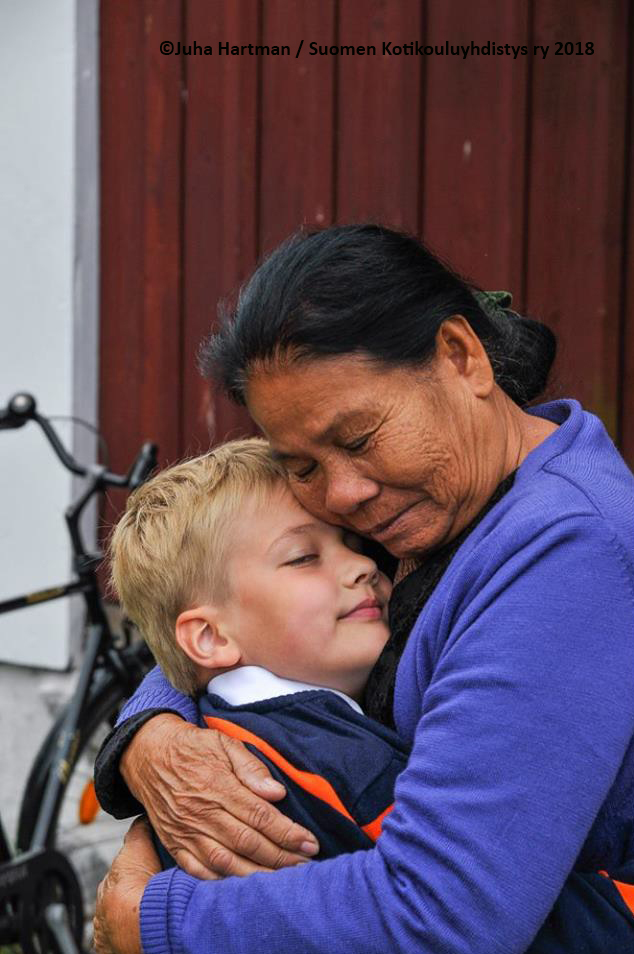Homeschooler – an isolated freak?
Original: Kotioppija ja sosiaaliset taidot
Homeschooling is a legal way to complete compulsory education in Finland. Despite international studies in favor of home schooling, home schooling has been criticized in Finland. The social skills of homeschoolers have become a particular concern.
In addition to verbal communication, social skills include a set of gestures that are used to express opinions and convey feelings. Good social skills prevent conflict situations and create the conditions for cooperation and positive interaction between individuals. These skills develop in everyday interaction situations.
Proficient in research
In 2017, 378 children completed their compulsory education as home school students. The school and social authorities’ concern about homeschoolers is especially centered around the child’s social skills. Those who educate their children at home often have to justify their choice to people who are worried about the child’s social suitability. This is despite the fact that several international studies prove that homeschoolers’ social skills are at least as good, or even better, than those of schoolchildren.

In his dissertation Comparison of Social Adjustment Between Home and Traditionally Schooled Students (University of Florida, 1992), Larry E. Shyers (Ph.D.), who now works as a family therapist, compared the social skills of homeschoolers and school students. No differences were found between schoolchildren and homeschoolers. According to Thomas C. Smedley (Ph.D., 1992) of Virginia in his Socialization of Home School Children, school children are only temporarily socialized with a peer group, not for the rest of their lives. Homeschoolers are guided with the aim of raising the child into a responsible and emotionally balanced adult who takes others into consideration. Subsequent studies of homeschoolers have produced similar results.
Homeschoolers have time
Children and young people spend a significant part of their everyday life at school. According to a survey conducted in 2017 for parents of Espoo homeschoolers, homeschoolers spend an average of two hours a day on written assignments. The time used depends on the way of studying and the age of the homeschooler. Homeschoolers can also schedule their sleep and its amount according to their individual needs. This means that children studying at home have time to do a variety of activities. They also manage to participate in hobbies and activities outside the home better than schoolchildren.
Participation teaches
Participation develops only through participation. Participation teaches how to act in social interaction with others, to take a place as a member of the community, and to bear responsibility for one’s actions. At school, children are offered opportunities for participation and agency only within the framework limited by the school, but homeschoolers have almost unlimited opportunities.
The key difference is the homeschooler’s opportunity to work not only in peer groups but also in intergenerational relationships. They often have a huge desire for information, which is not limited to the contents of textbooks, as well as knowledge of individual subjects that is broader than the contents of school subjects. Therefore, they are able to socialize naturally and form meaningful and lasting friendships with people of all ages. Their circle of friends often consists of people of different ages, as they primarily seek out people who are like-minded, not just people their own age.

From participant to actor
Functional participation has a central place in the lives of children and young people. The homeschooler naturally grows into an active social actor when he is included in ordinary, but meaningful, everyday situations, and he is encouraged to take independent, initiative action. However, not all parents have the desire or capabilities to provide a learning environment that is optimal for a child’s learning, because teaching a child at home requires commitment, effort, and awareness and acceptance of responsibility.
For many homeschooling parents, it is especially important to be a part of their children’s lives, growth, and development. They are ready to bear the responsibility for the child’s comprehensive upbringing and invest in this. This responsibility includes taking care of the development of children’s social skills. When homeschooling is implemented responsibly, only prejudices and artificial restrictions set by society can prevent the homeschooler from growing into an independent and self-initiated, participating and active social actor.
